Very often, we have prospective financial planning customers walking into our office with a bagful of certificates – insurances, stocks, mutual fund statements, bank fixed deposits, company deposits, recurring deposits, provident funds, bonds and what-have-you. While visibly these people grumble about the variety they have collected over the years out of various compulsions, we can still feel their enthusiasm to be akin to that of a child displaying his autograph collection of cricketing stars. Some people get into this habit of tracking the 10 hottest investments of the year through unending commentaries on TV, newspapers, magazines and even sms. Before they know it, they have a huge collection of performers of yester-years which have no correlation to financial goals of their life.
It is very important to understand that each investment you make should weave and blend into the fabric of investment umbrella that you are creating for your family. Rather than forever scouting around for that elusive best performing investment product, it is far better to lay down your financial goals in life, make a strategy to achieve them and execute it now with maybe not the ever-best-performing investment. Having all kinds of financial products in one’s portfolio does not make it diversified. The feeling that ‘I-don’t-have-all-my-eggs-in-one-basket’ just because you have 20-25 equity mutual funds could be self-defeating since all those funds could well be having similar investment strategies. If the market falls, they all could go down together, not to talk about the time, energy and costs involved in keeping a track of such a large collection over your lifetime. As Carl Richards says in his book, The Behaviour Gap, ‘Remember, you’re not a collector. You’re an investor. You want investments that close the gap between you and your financial goals. You also need to make sure that what you own doesn’t expose you to more risk than you can handle’.
If you feel you may be getting into such a situation, what should you do? Well, it is never a good strategy to throw good money after bad. If you have taken insurance policies which do nothing to your life or finances except sap it, better to take a one-time hit and get out of them rather than be hit year-after-year. If you are not very sure what a few of your investments are doing in your files, believe me they are actually doing no good to you.
Have a focused portfolio – each of its components should be there for a reason. If you have your child’s education requirement or property instalment coming up in the next 1-2 years, good quality debt makes sense rather than market-related products. Saving for retirement or a house or a costly vacation which is long way off would be better in a few focused and diversified equity-related products rather than in FDs and debt products. Take care that you have a balanced portfolio consisting of debt, equity, real estate and gold consistent with the quantum and time-frame of your financial goals while still being in line with your risk-taking attitude. Again quoting Richards, ‘we’ve all made mistakes, but now it’s time to give yourself permission to review those mistakes … and make a plan to avoid them in future. The goal isn’t to make the ‘perfect’ decision about money every time, but to do the best we can and move forward. Most of the time, that’s enough’.
Col (retd) Sanjeev Govila, CERTIFIED FINANCIAL PLANNERCM
CEO, Hum Fauji Initiatives,
Your Long-term Partner for Wealth Creation
E-511, 2nd Floor, Ramphal Chowk, Palam Extn, Sector 7, Dwarka, New Delhi-110077
Tele: 9999 022 033, 011 – 4054 5977, 011 – 4214 7236 | humfauji

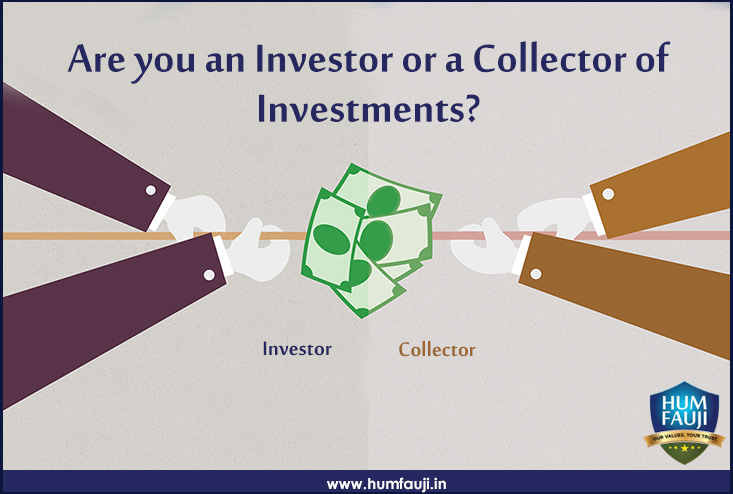
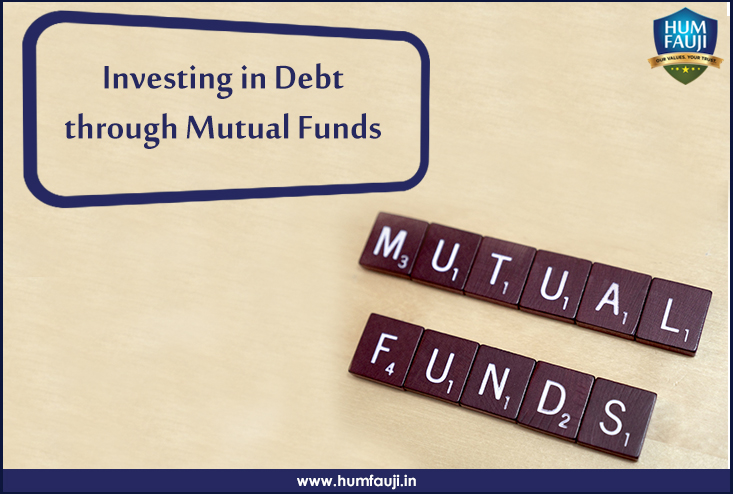
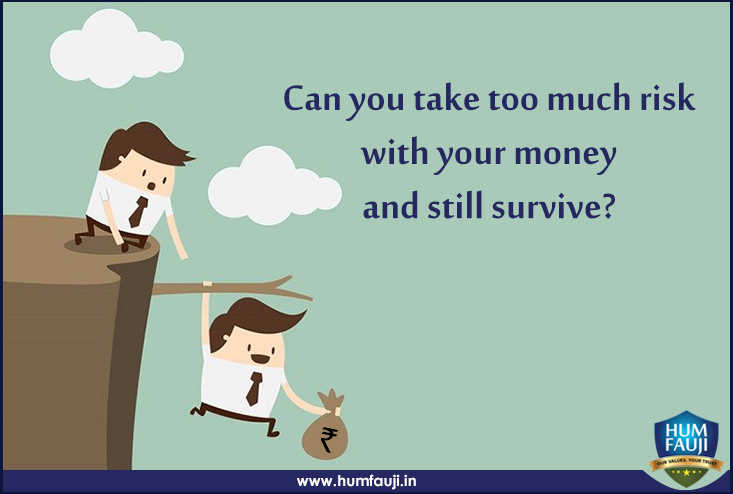
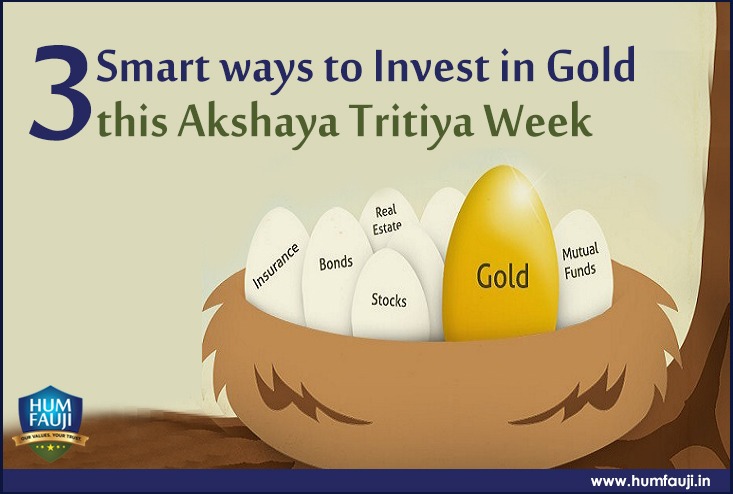




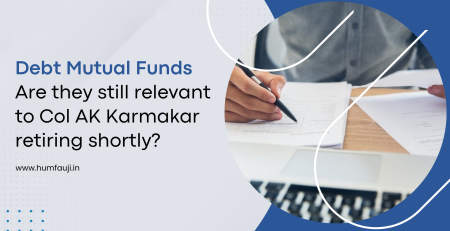




Leave a Reply